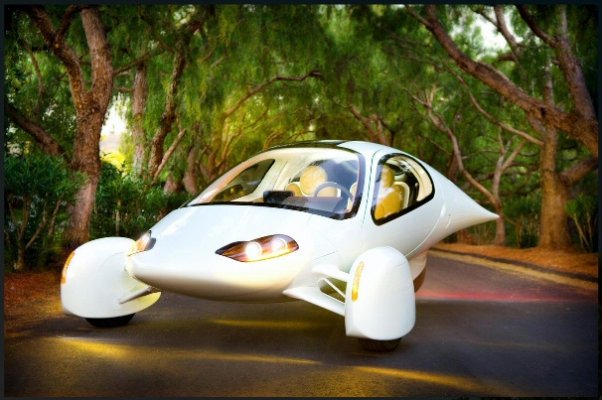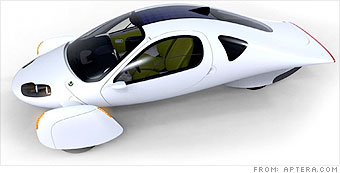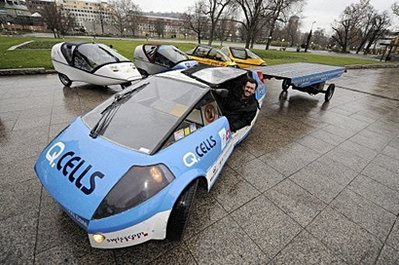If they could turn it into a 4 wheel vehicle that looks a little more conventional that gets 150 mpg/hybrid.... they might have a successful venture.
Yes, going for super-high mileage can actually be counterproductive. Super-high mpg impacts the acceptability of the vehicle to the masses due to the constraints placed on them, so fewer people buy them and the math works against you.
At 10,000 miles a year, if you get someone to buy a 75MPG car vs a 35MPG car, you conserve 152 gallons annually.
At 10,000 miles a year, if you get someone to buy a 230MPG car vs a 35MPG car, you conserve 242 gallons annually. Only 90 more gallons conserved.
So, we are better off getting two people to convert to 75mpg vehicles (354 gallons conserved) than one person converted to a 230 MPG vehicle (242 MPG gallons conserved).
I think this was brought up on another thread, but the real gallons savings is to get the low/mid MPG vehicles improved, that is where the most actual savings can be realized.
Getting a 15 MPG driver to choose a 24 MPG vehicle saves more fuel than getting a 35 MPG driver to step up to some currently unavailable 230 MPG car.
35 MPG moved up to 230 MPG = 242 gallons saved over 10,000 miles.
15 MPG moved up to 24 MPG = 250 gallons saved over 10,000 miles.
There was a group that was sponsoring a high MPG car design contest, and they stressed that they were shooting for a 100 MPG design for this very reason. Very little gained going to 200 MPG and the negatives outweigh the positives, at least for now.
-ERD50




